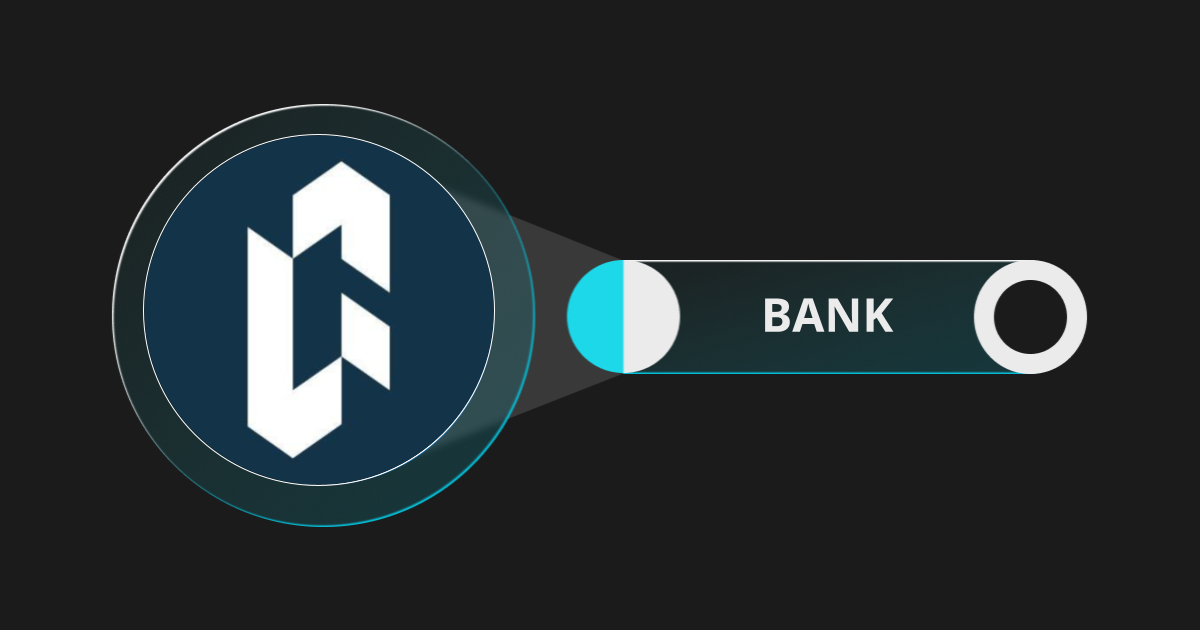
Blockchain 101: CEX vs DEX
In this article, we will dig deep into the critical differences, advantages and disadvantages of Centralised Exchanges and Decentralised Exchanges.
The Definitions
You heard about CEXs and DEXs?
When it comes to transacting digital assets, many are confused by the sophisticated concepts of Centralised Exchanges (CEXs) and Decentralised Exchanges (DEXs). CEXs clearly enjoy the advantages of being the first-mover in the space, but DEXs – with their ability to eliminate financial middlemen – are more favoured by crypto maximalists.
The term “centralised” refers to the intervention of intermediaries, here the exchanges who coordinate trading activities between sellers and buyers on a large scale (Bitget, Coinbase, Binance, etc.). The decentralisation process removes the safety and guarantee offered by registered companies, resulting in DEXs where freedom comes with great responsibilities. Trading fiat for crypto and vice versa are easy on CEXs, while DEXs in general do not support fiat.
Trading experience on CEX vs DEX
DEX users keep their own private keys and their personal information – no KYC compliance is required. There are two types of DEXs, the ones with an order book system (LoopRing, Gnosis Protocol or IDEX) and the ones with the innovative automated market makers (Uniswap was the first to adopt this model). DEXs can list more trading pairs as the listing process is not as demanding as with CEXs.
Despite the rapid evolution of Decentralised Finance (DeFi), CEXs remain enormously popular due to the high level of liquidity and security. CEXs use the order book system to match bid and ask price, which means the more orders there are, the more liquid the market is. CEXs also provide fiat- crypto trading pairs and act as the guarantee for the completion of transactions. They are especially beginner-friendly – most individual investors made their first crypto transactions “on-ramp” or, in simpler terms, with their credit cards. Bitget is one excellent example of major centralised trading platforms, with 2 million users (8,000 of which are active daily) and ranking 3rd worldwide in terms of liquidity.
The feud between CEX and DEX
CEXs have been around since the first days of crypto trading and remained undeniably more popular. However, the rise of smart contracts gives traders another option with the key differences below.
Operating Features
As mentioned above, CEXs use the order book system and the majority of DEXs use the automated market makers (AMMs) to facilitate trades. In the order book system, all orders are gathered and sorted dynamically, i.e. on a real-time basis, by prices. The lists of assets being offered or bid on and order history are available for all traders, providing price discovery and market transparency.
AMMs take an innovative approach to matching prices. Instead of relying on current orders for liquidity and trade execution, DEX users will interact with a liquidity pool created by smart contracts. Anyone can deposit their crypto assets into a liquidity pool and make contributions to the system to earn the incentives. The asset pricing formula is mathematically determined by a constant product function.
DEXs still lag behind CEXs in terms of functionalities. One of the biggest challenges for DEXs is the ability to place conditional orders, which can substantially promote the dynamic pricing feature in the decentralised finance (DeFi) sector. Bitget, being the leading exchange in the crypto space, offers not only the limit order functionality, but also the trigger order functionality. Besides, people who choose DEXs will give up the liquidity advantage as well as the convenient support of fiat transactions on CEXs.
Transaction Fees
Transaction fees on CEXs are usually pre-determined and vary only across different trading products. Bitget’s fee for spot trading, for instance, stands at 0.01% of the order value, but will be reduced by 20% if paid with BGB – the native token of the platform.
Trading Volume
Trading volume measures the activity level on particular platforms, thus serving as an adoption indicator for CEXs and DEXs. Despite the rapid expansion of the DeFi sector and DEX protocols since 2019, we are still very early: At its highest, the monthly spot volume on DEXs only amounted to approximately 19% of the monthly volume on CEXs.
Risks
Trading on CEXs and DEXs entail different risk as follows:
a) CEXs: The only concern of CEX users is their custodial wallet. The exchange holds the private key to all user wallets, therefore you should feel comfortable with leaving your asset on the exchange. However, this also means that your wallet is less susceptible to hacks, and even in the worst case scenario, you can usually claim the insurance provided by CEXs to compensate for the loss.
b) DEXs: There are several problems with DEXs to be addressed, including:
- blind signing (unknowingly contract approvals)
- lack of liquidity
- lack of fiat on-ramps
- impermanent loss: when liquidity providers’ asset value is lower at exit
- slippage: the price difference between the price you submit and the price confirmed on the blockchain
- hacks, bugs, lack of insurance.
Crypto exchanges won’t stop evolving
Recent crypto rallies have captured the interest of both institutional and retail investors, with the road ahead being higher levels of mainstream adoption. DeFi is where the most innovations are taking place, but their centralised counterparts are also keeping up. Bitget is the unique solution for blending CeFi and DeFi, where users can enjoy the DEX upsides without worrying about risks and regulations. We have obtained operating licence in the top regulated jurisdictions – the U.S, Canada and Australia. Regarding security problems, Bitget implements a holistic risk control process with hot and cold wallet segregation, which is supported by big names in security tech: Suntwin Technology, Qingsong Cloud Security, HEAP, Armors, just to name a few. Our focus on the security and compliance aspects helps us secure our place in the top 10 Exchanges by Cybersecurity Rating from Crypto Exchange Ranks (CER), and receive 12 A+ Ratings from SSL Labs.
Meanwhile, users have access to potential projects via our newly released Bitget Launchpad and get exposure to a long, constantly updated list of tokens. Our BGB Ecosystem is of course bringing the DeFi experience to users with staking and trading rewards. If you are new to the space, our customer service team is available 24/7 to assist you on every step!
Eventually, the only thing that matters is how simple it is for traders to enter the market, which pushes for the pivotal development and acknowledgement of crypto assets. Bitget has definitely set the standards for the industry and will continue to bring crypto to more global users.
- The Definitions
- Trading experience on CEX vs DEX
- The feud between CEX and DEX
- Crypto exchanges won’t stop evolving



